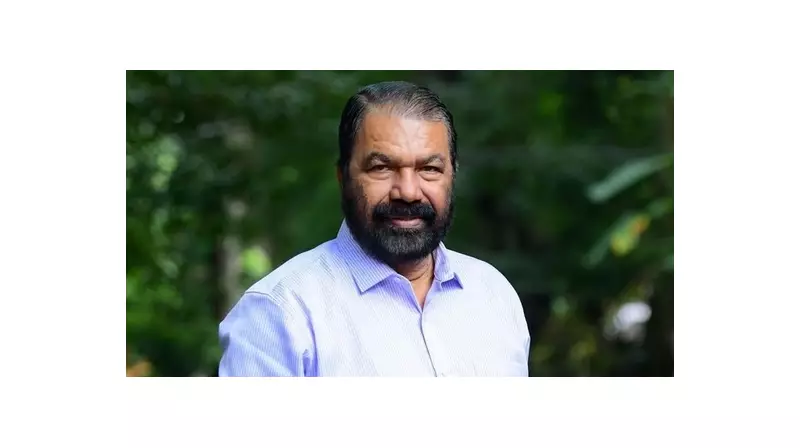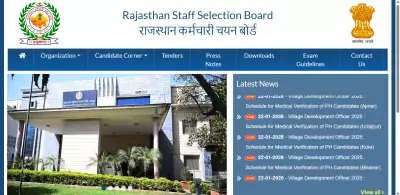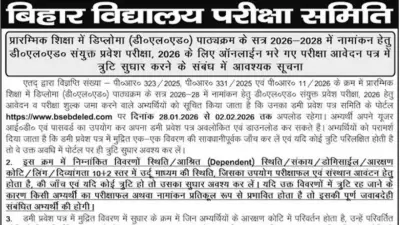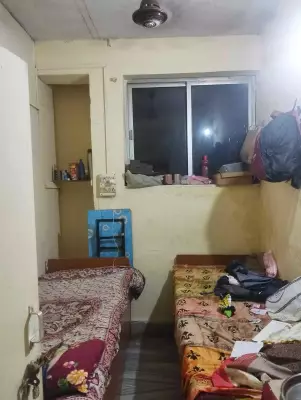
In a significant development for India's education landscape, Kerala Education Minister V Sivankutty has made a groundbreaking announcement regarding state autonomy in educational materials. The minister has officially confirmed that the National Education Policy (NEP) 2020 provides complete freedom to all states to publish their own school textbooks independently.
States Take Control of Educational Content
The revelation came during a crucial meeting where Minister Sivankutty emphasized that the NEP framework explicitly allows state governments to exercise full authority over textbook publication. This marks a substantial shift from previous centralized systems, giving states the power to tailor educational content according to their regional needs, cultural context, and linguistic requirements.
Kerala's Progressive Stance on Educational Autonomy
Kerala, known for its progressive educational policies, has welcomed this provision within the NEP framework. The state education department sees this as an opportunity to develop more contextualized and relevant learning materials that resonate with Kerala's unique educational ecosystem and social fabric.
Minister Sivankutty highlighted that this autonomy doesn't compromise educational standards but rather enhances the quality and relevance of learning materials. States can now incorporate local examples, regional history, and culturally appropriate content while maintaining national educational benchmarks.
What This Means for Indian Education
- Enhanced regional representation in curriculum
- Better alignment with local cultural contexts
- Increased state-level innovation in educational content
- More responsive and adaptable learning materials
- Preservation of linguistic diversity through education
The minister's clarification puts to rest any confusion about state rights under the new education policy, ensuring that regional educational boards can operate with greater independence while contributing to the national educational vision.





